paper cutting with the image of fish for surplus year by year
Speaking of surplus year after year, there is a story in ancient China that goes like this:
In Chinese mythology, the Dragon King accidentally dropped a whale on the ground while spreading rain. The Dragon King was afraid that the Jade Emperor would blame him, so he claimed that he sent fish to the mortal world, hoping that the people would have surplus every year.
Legend has it that the Jade Emperor sent the Dragon King to immediately bring rain to the area of Gongguang. Upon receiving the Jade Emperor's order, the Dragon King immediately diverted water from the sea and ran to Gongguang to spread clouds and rain. However, the careless and anxious Dragon King accidentally landed whales in the sea with the rain in Gongguang.
The Dragon King was afraid of being blamed by the Jade Emperor, so he had a sudden idea and claimed that he was sending fish to Gongguang, hoping that the people could have surplus every year. He also requested that the Jade Emperor appoint this fish as a fish god to bless peace in the world and ensure surplus every year.
This story has been passed down among the people, and because "fish" sounds similar to "surplus", having fish every year can be seen as "surplus every year", becoming one of the most representative languages of traditional Chinese auspiciousness and prayer.
In New Year pictures, we often use themes that are more than enough each year to make auspicious symbols in the form of pictures or Paper Cuttings. In the picture, there will be lotus flowers or lotus roots, and fish, usually two fish or even number of fish. The lotus grows around the fish, that is, "there are fish in the year of lotus". Expressing a life of abundance, with surplus wealth and food every year.
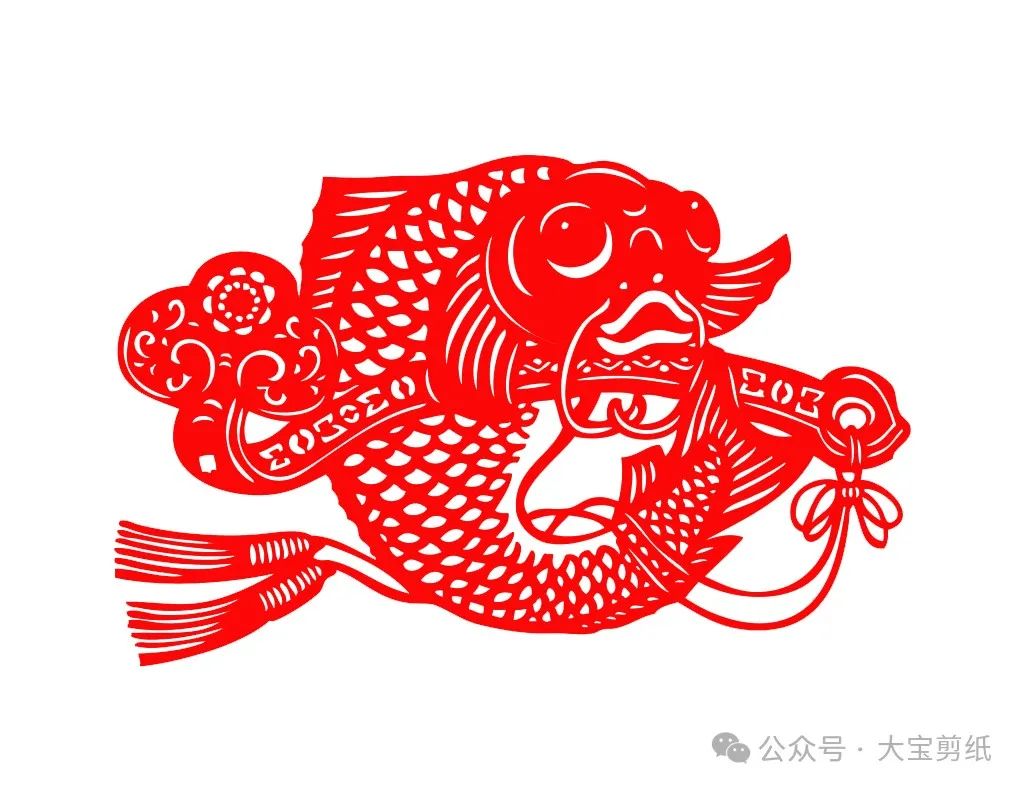
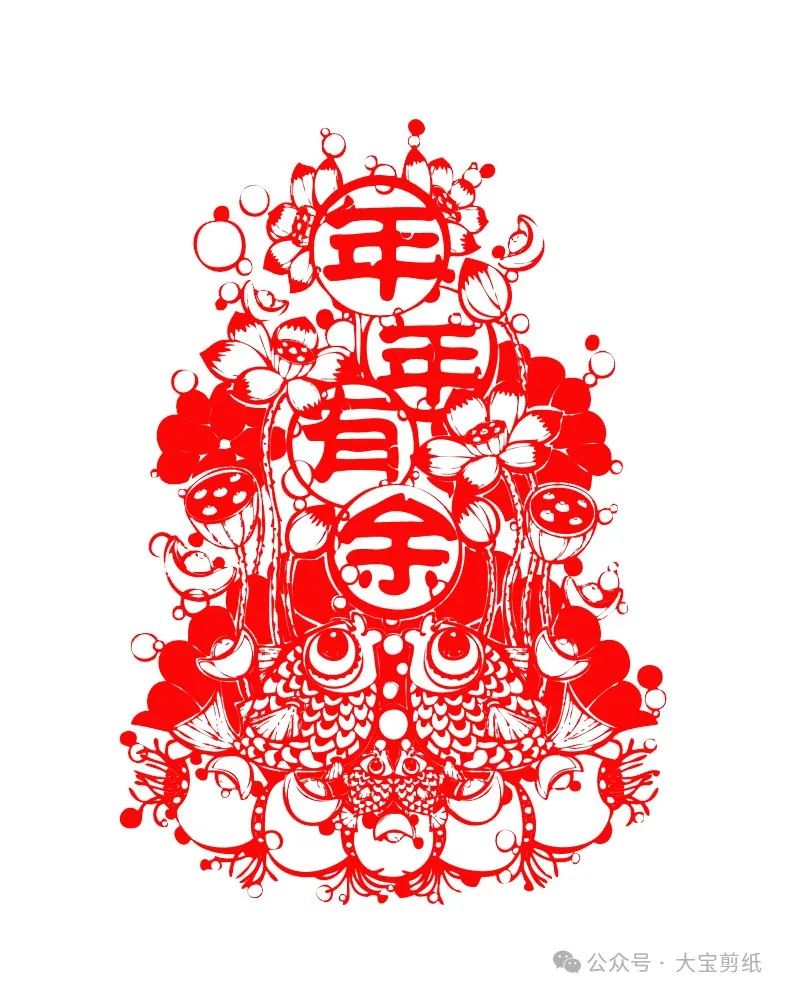
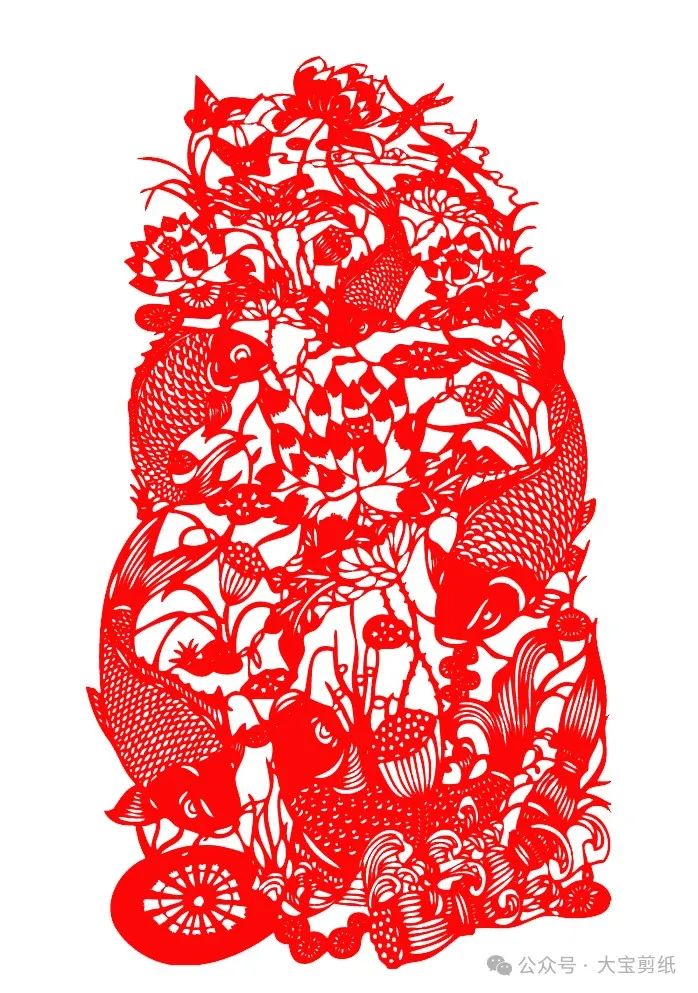
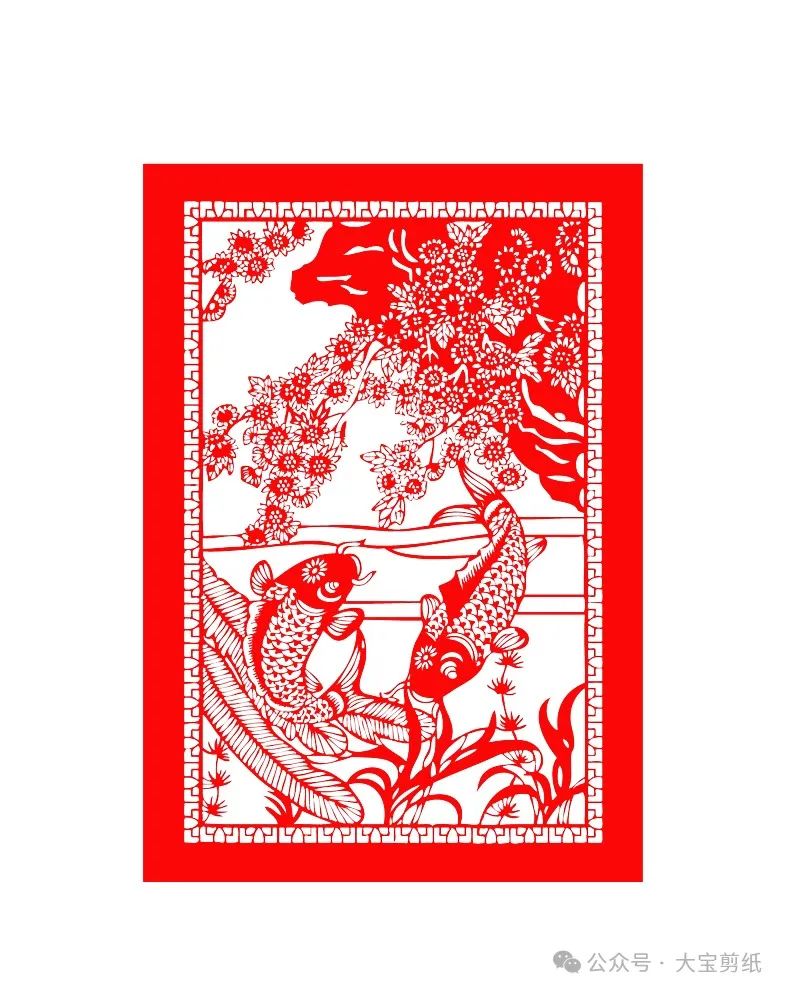
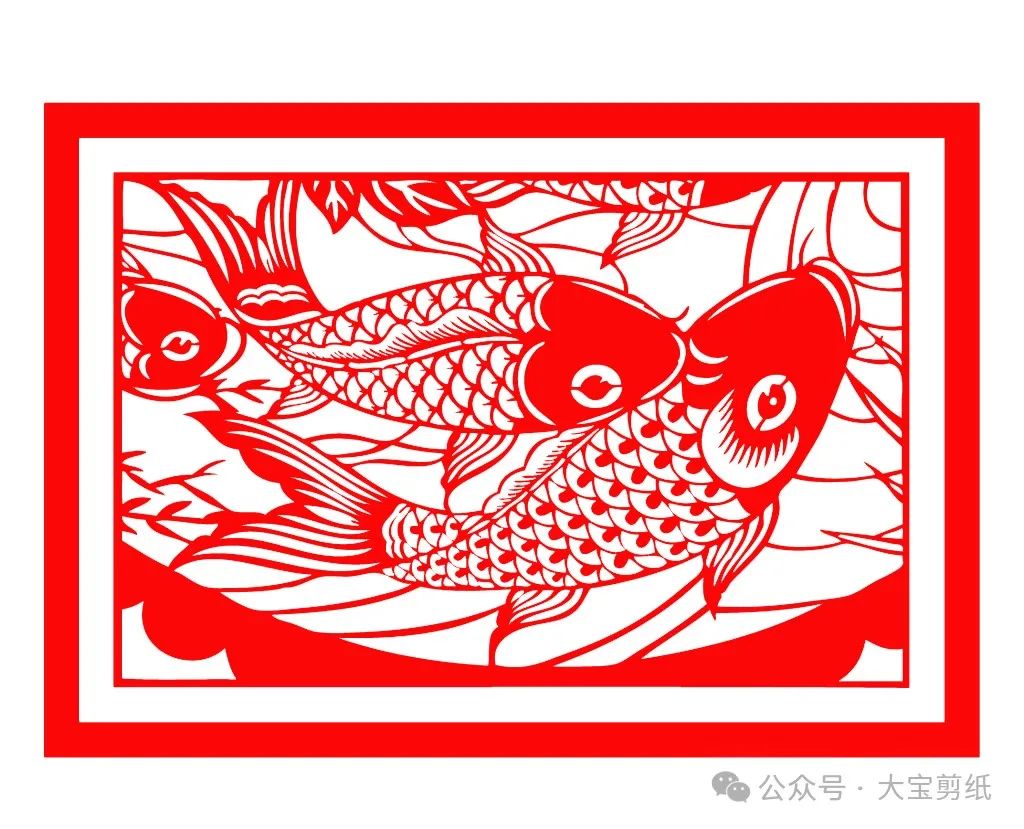

Fish, like geese, can be used as a synonym for letters. The ancients used silk to write letters and put them in the belly of fish for secret transmission of information. This method of transmitting messages through fish is called 'fish transmission scale'. During the Tang and Song dynasties, prominent officials wore gold talismans called "fish talismans" to indicate their status. The word 'fish' sounds similar to 'surplus', so fish symbolizes wealth and prosperity. 'Like a fish in water' is used to describe the harmony, happiness, and ease of work and life.
A great man once said, "Man is transformed from fish." This commonly known "monkey to man" theory seems contradictory; However, upon careful consideration, life on Earth originated from the ocean, and the advanced life in the ocean is fish. As advanced life on land, humans have had the same structure as fish protein genes in the evolutionary chain, which is in line with the theory of evolution? It can be seen that the saying 'fish can change people' is not a statement made by a great man, pretending to be innovative, but the result of his philosophical thinking. This statement can also be found in other ethnic groups around the world, such as the legend of "Fish Beauty". We can also find supporting evidence of the distant relationship between humans and fish from our country's history and customs. In Chinese folk customs, the worship of ancestors at the end of each year emphasizes the supply of fish, and the auspicious sign of surplus (fish) every year is a totemic worship of fish.